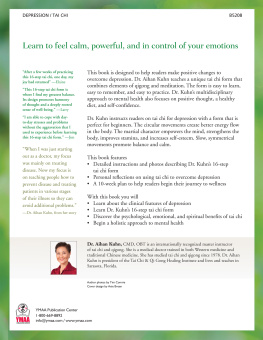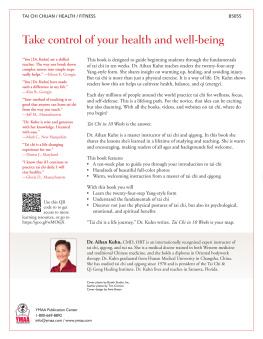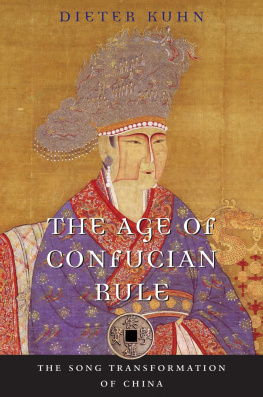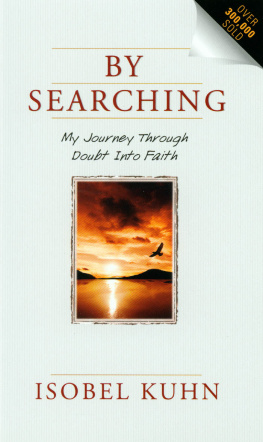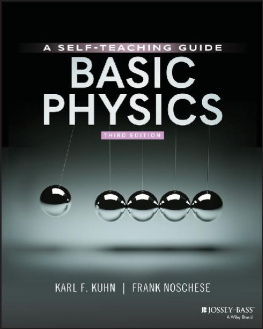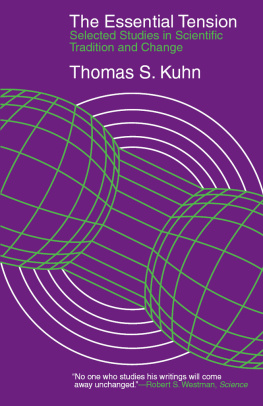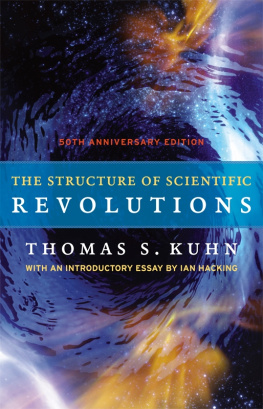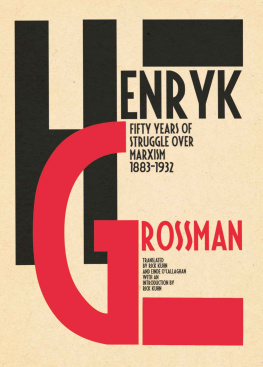Aihan Kuhn - Tai Chi for Depression
Here you can read online Aihan Kuhn - Tai Chi for Depression full text of the book (entire story) in english for free. Download pdf and epub, get meaning, cover and reviews about this ebook. year: 2017, genre: Religion. Description of the work, (preface) as well as reviews are available. Best literature library LitArk.com created for fans of good reading and offers a wide selection of genres:
Romance novel
Science fiction
Adventure
Detective
Science
History
Home and family
Prose
Art
Politics
Computer
Non-fiction
Religion
Business
Children
Humor
Choose a favorite category and find really read worthwhile books. Enjoy immersion in the world of imagination, feel the emotions of the characters or learn something new for yourself, make an fascinating discovery.
- Book:Tai Chi for Depression
- Author:
- Genre:
- Year:2017
- Rating:3 / 5
- Favourites:Add to favourites
- Your mark:
- 60
- 1
- 2
- 3
- 4
- 5
Tai Chi for Depression: summary, description and annotation
We offer to read an annotation, description, summary or preface (depends on what the author of the book "Tai Chi for Depression" wrote himself). If you haven't found the necessary information about the book — write in the comments, we will try to find it.
Tai Chi for Depression — read online for free the complete book (whole text) full work
Below is the text of the book, divided by pages. System saving the place of the last page read, allows you to conveniently read the book "Tai Chi for Depression" online for free, without having to search again every time where you left off. Put a bookmark, and you can go to the page where you finished reading at any time.
Font size:
Interval:
Bookmark:
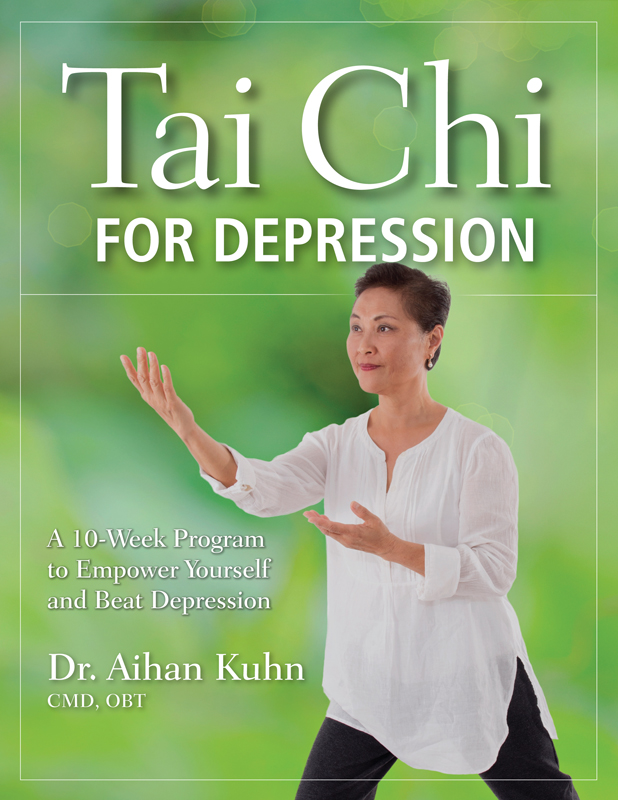
Tai Chi
FOR DEPRESSION
A 10-Week Program to Empower Yourself and Beat Depression
Dr. Aihan Kuhn
CMD, OBT
YMAA Publication Center
Wolfeboro, NH USA
YMAA Publication Center, Inc.
PO Box 480
Wolfeboro, New Hampshire 03894
1-800-669-8892
ISBN: 9781594395208 (print) ISBN: 9781594395215 (ebook)
Copyright 2017 by Dr. Aihan Kuhn
All rights reserved including the right of reproduction in whole or in part in any form.
Edited by Leslie Takao and Doran Hunter
Cover design by Axie Breen
Photos by YMAA unless otherwise noted
This book typeset in 12 pt. Adobe Garamond
Typesetting by Westchester Publishing Services
Publishers Cataloging in Publication
Names: Kuhn, Aihan, author.
Title: Tai chi for depression : a 10-week program to empower yourself and beat depression / Dr. Aihan Kuhn.
Description: Wolfeboro, NH USA : YMAA Publication Center, Inc., [2017]
Identifiers: ISBN: 9781594395208 (print) | 9781594395215 (ebook) | LCCN: 2017938301
Subjects: LCSH: Depression, MentalAlternative treatment. | Tai chiHealth aspects. | Tai chiPsychological aspects. | Qi gongHealth aspects. | Meditation. | Qi (Chinese philosophy) | Body-mind centering. | Mind and body. | Holistic medicine. | Self-care, Health. | BISAC: SELF-HELP / Mood Disorders / Depression. | BODY, MIND & SPIRIT / Healing / Energy (Qigong, Reiki, Polarity) | SELF-HELP / Meditations. | SPORTS & RECREATION / Martial Arts & Self-Defense.
Classification: LCC: RC537 .K84 2017 | DDC: 616.85/2706dc23
Disclaimer:
This book is only intended to help understand depression and how to use natural methods to assist the healing of depression, as well as preventing a relapse of depression.
The practice, treatments, and methods described in this book should not be used as an alternative to professional medical diagnosis or treatment. The author and publisher of this book are NOT RESPONSIBLE in any manner whatsoever for any injury or negative effects that may occur through following the instructions and advice contained herein.
It is recommended that before beginning any treatment or exercise program, you consult your medical professional to determine whether you should undertake this course of practice.
You did very nice work to create this form. It is obviously a healing form of taiji that involves balanced movements with big frame and is a combination of the Yang style and Chen style of taiji. The silk reeling in this form is profound. Keep up the good practice.
Feng Zhi Qiang,
Grandmaster, Chen-style taijiquan
Beijing, China
Summer 2004
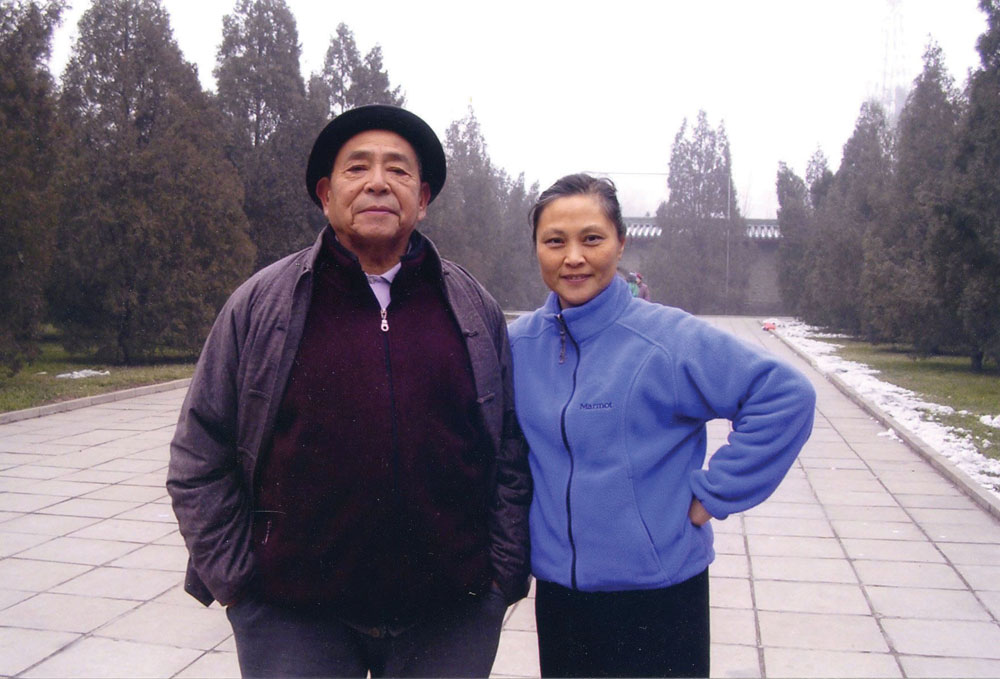
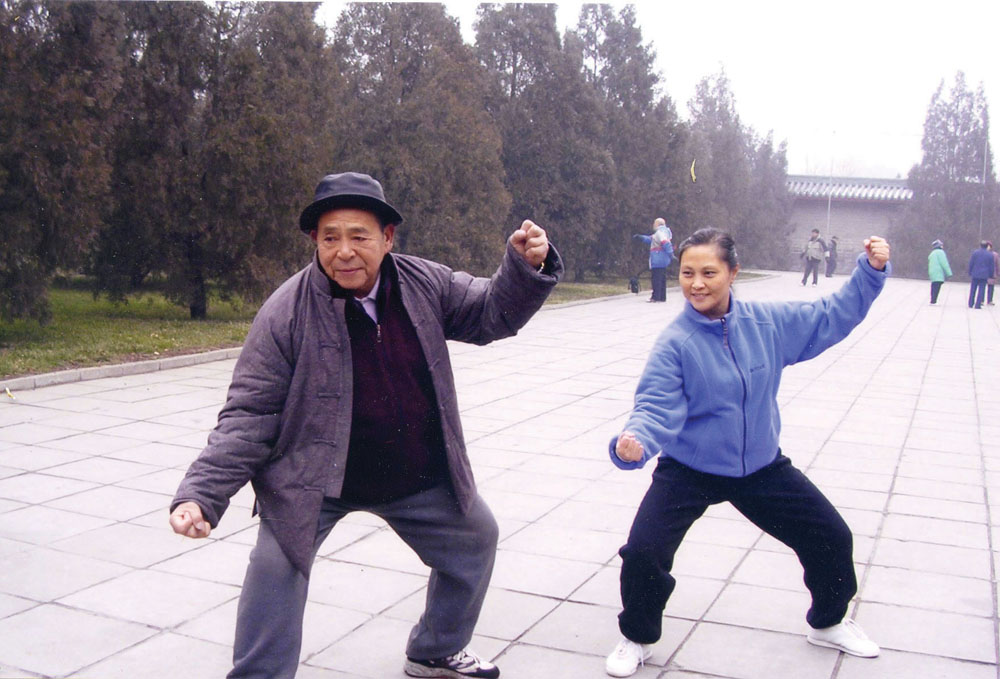
The things I like best about Dr. Aihan is her bringing Eastern and Western medicine together and bringing taiji into healing. This kind of healing modality has a huge potential for our health and life. She is a truly dedicated doctor. I really admire her.
Li De Yin,
Vice-Chairman of Martial Arts Committee in PRC
2006
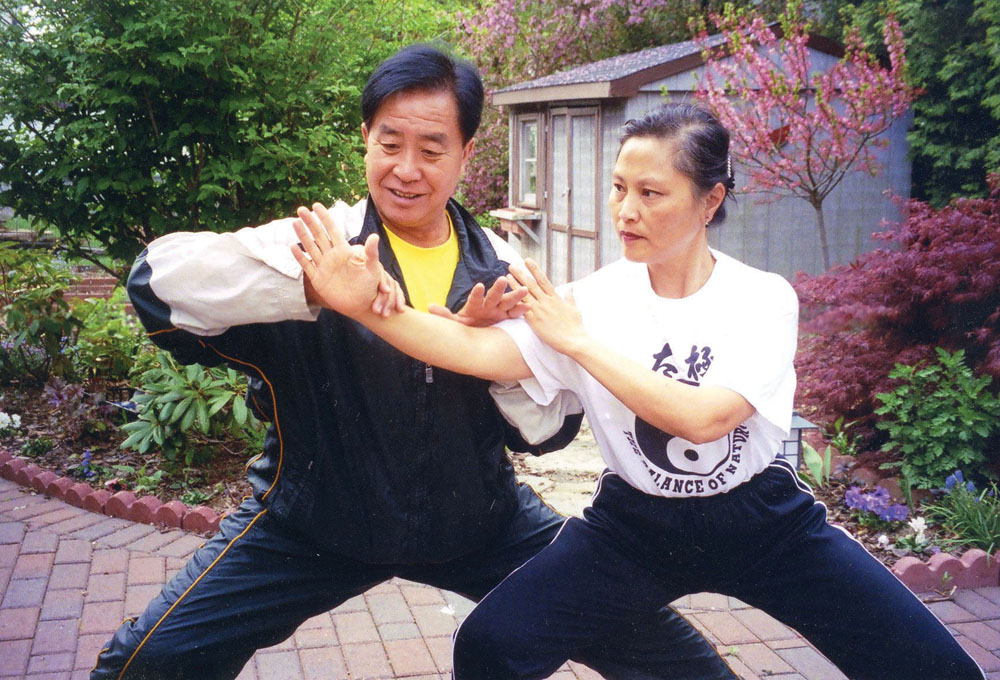
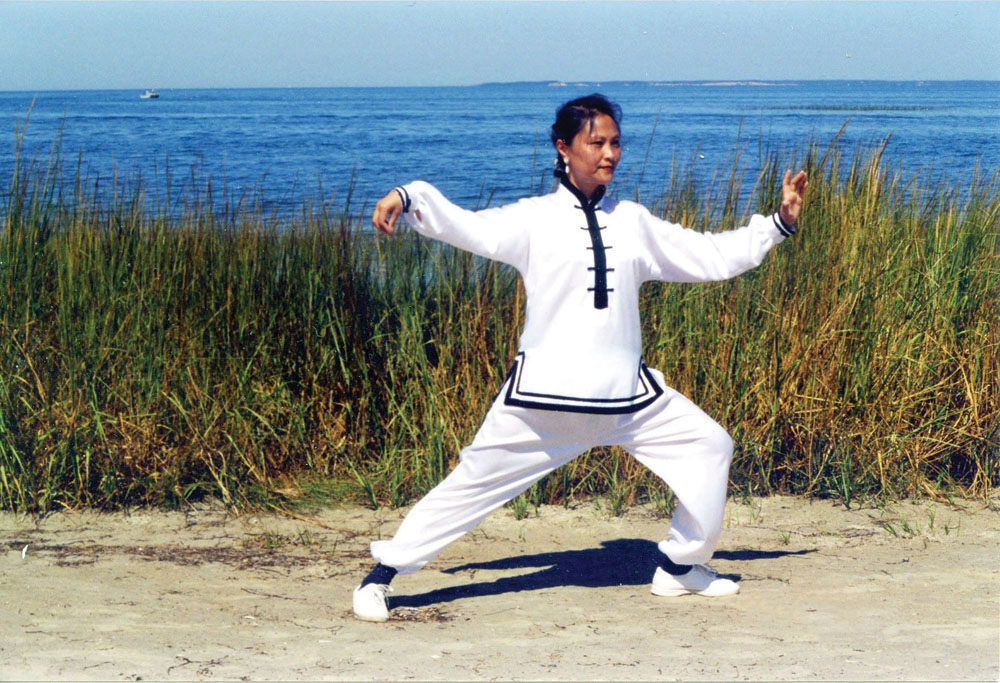
Depression is a major health hazard affecting many peoples lives all around the world. In the United States, about fifty-four million people experience some type of mental disorder each year. That is one in five Americans. Some can control depression with medication, but others may continue to have a poor quality of life even with medication. Most research focuses on medication as a remedy.
Taiji and qigong involve a natural energy workout that can help to relieve and heal depression. I trained as a physician in mainland China, and I have been practicing natural medicine in the United States since 1992. I have had excellent success healing illness with natural medicine and Chinese exercise. Depression is one of many diseases I have treated. After years of training in taiji and qigong with well-known masters in China, observing specific responses from students and patients, I have combined my knowledge of Chinese medicine, natural healing methods, and Daoist philosophy. Ive designed this specific form of taiji to help people recover from depressionor prevent it altogether. This unique form combines elements of Chen-style taiji, Yang-style taiji, qigong, martial arts, and meditation, creating a high-quality practice. Many students say this is the most enjoyable and relaxing form they have ever practiced.
As we will see, this form has several benefits. It is short, easy to learn, easy to remember, and easy to practice. The circular movements create better energy flow in the body. The martial character empowers the mind, strengthens the body, improves stamina, and increases self-esteem. Symmetrical movements help balance both sides of the brain to harmonize brain activity. The sophisticated movements stimulate brain function and encourage the student to learn. Slow and balanced movements calm the mind, increase serotonin levels, and become a natural tranquilizer. Moderate amounts of physical movement (exercise) enhance energy flow and daily energy levels. The form requires little space to practice, and coordinated, soothing, and open (big frame) movements improve overall coordination.
It is helpful for all kinds of depression. The theory is that the specially choreographed movements work to harmonize the biochemicals in the brain, making one feel calm, powerful, and in control of ones emotions. All taiji practice can help relieve stress, improve daily energy levels, and enhance immune function and mental clarity.
In this book I teach you to incorporate Daoist philosophy into your life, helping you stay focused, balanced, and detached from old trauma or stress. I offer many self-healing tips to relieve stress and prevent depression. I also examine depression in both Western and Chinese medicine in order to provide a clear picture of why and how it occurs and how it can be prevented.
Learning taiji is not just learning the exercise movements. Its about learning to balance your life.
T HERE ARE MANY WAYS to heal depression. What works for one person doesnt always work for someone else. You have to try different treatments to find out what is the best for you, your family member, your friend, or your client. Both Eastern and Western methods are helpful in preventing and healing depression. People get good results using either method or combining them. Generally speaking, in the early stages of depression or in a mild case, a natural way of healing should be the first thing to try. Taiji, qigong, acupuncture, Daoist study, psychotherapy, and group support are noninvasive, have no side effects, and are effective. For advanced or severe cases, antidepressant medication is indicated, but the combination of medication, counseling, and Eastern healing modalities are also very effective. Some patients come to me before starting medication because they want a more natural way of healing. For mild cases of depression, the natural way has worked very well. Some patients, already on medication, come to me after their symptoms have stabilized because they want to either reduce or eliminate their medication intake (because of the side effects). These cases also work well with natural treatment and exercise. It is up to the patient to choose his or her healing path. Depression is not easy to beat without the sufferers active participation. The external help is there, but the motivation to seek it comes from within.
Font size:
Interval:
Bookmark:
Similar books «Tai Chi for Depression»
Look at similar books to Tai Chi for Depression. We have selected literature similar in name and meaning in the hope of providing readers with more options to find new, interesting, not yet read works.
Discussion, reviews of the book Tai Chi for Depression and just readers' own opinions. Leave your comments, write what you think about the work, its meaning or the main characters. Specify what exactly you liked and what you didn't like, and why you think so.

